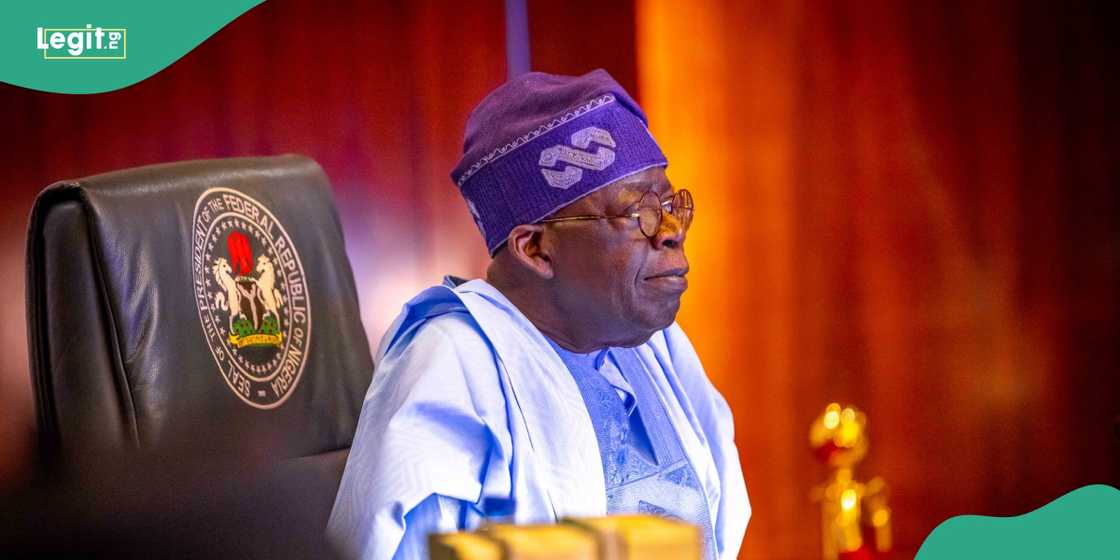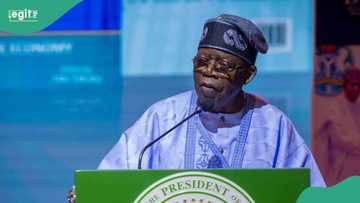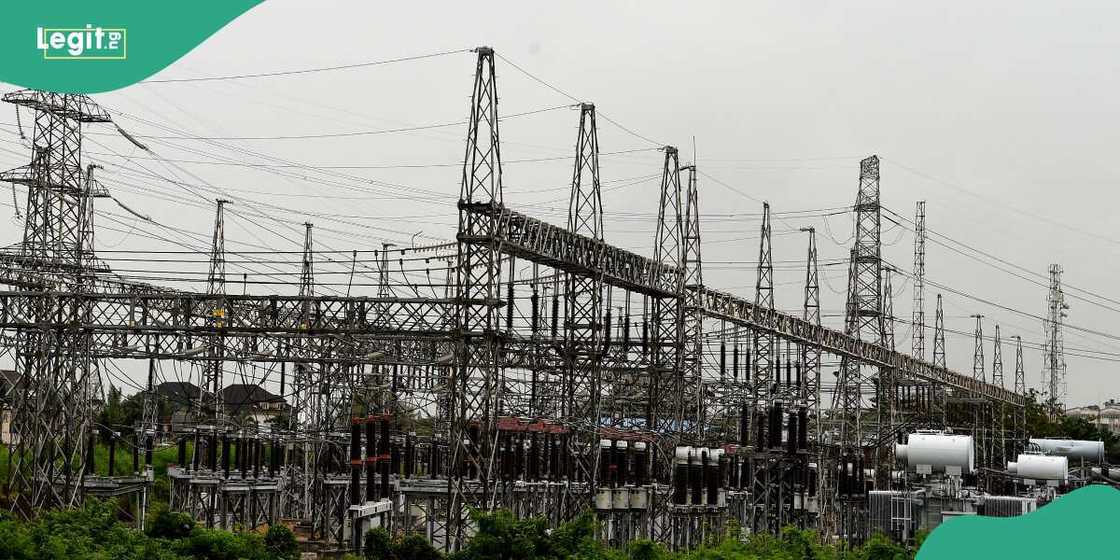Reasons Emerge as Presidency Dumps National Power Grid, Budgets N10 Billion for Solar Power
- The Presidency has allocated ₦10bn in the 2025 budget for a solar mini-grid at the Villa, ending reliance on AEDC power supply
- The move follows soaring electricity tariffs and the State House’s rising energy bills and unsettled debts with AEDC
- The project is part of a broader push to cut costs, ensure reliable power, and promote clean energy at the seat of government
State House, Abuja - The Nigerian Presidency has made a decisive shift from the national power grid by allocating ₦10 billion for the installation of a solar mini-grid system at the Presidential Villa, according to details from the 2025 approved federal budget.
This development, which marks a strategic break from reliance on the Abuja Electricity Distribution Company (AEDC), comes amidst surging electricity tariffs and concerns over mounting debts and power supply instability at the nation’s seat of power.

Source: Twitter
Solar project drives ₦10bn budget increase

Read also
Barely 24hrs after returning from abroad, Tinubu demands to meet all service chiefs, reason emerges
The total allocation for the State House Headquarters rose from ₦47.11 billion in the proposed budget to ₦57.11 billion in the approved version.
A review of the capital expenditure shows that the ₦10 billion increase is entirely tied to the project titled “Solarisation of the Villa with Solar Mini Grid”.
An official familiar with the matter, speaking on condition of anonymity, said the move was not just about energy independence but also “a step towards cutting long-term costs and ensuring reliable power supply for sensitive government operations.”
Mounting electricity costs and debts prompt action
The decision comes in the wake of a steep rise in electricity tariffs for Band A consumers, which includes the State House, Punch reported.
In April 2024, tariffs jumped from ₦68/kWh to ₦225/kWh, later adjusted to ₦209.5/kWh, putting significant financial pressure on federal government institutions.
Records from GovSpend, a federal expenditure tracking platform, show the State House spent ₦483.34 million on electricity in 2024, a 40% increase from the previous year.
Despite making monthly payments, the presidency was forced to make a lump-sum settlement of ₦316.88 million in October to clear accumulated arrears.
A senior budget official told reporters:
“With the way tariffs are rising and the risk of disconnection becoming a recurring threat, solar is now both a cost-saving and strategic alternative.”
Reconciliation of AEDC Debt, But Challenges Remain
Earlier in 2024, the AEDC publicly listed the Presidential Villa among its top government debtors with an outstanding bill of ₦923.87 million, Vanguard reported.
Following reconciliation, the figure was revised to ₦342.35 million, and President Bola Tinubu reportedly ordered immediate payment to prevent disconnection.
While this settled the short-term crisis, the incident underscored long-standing structural issues with the government’s energy management.
2025 budget suggests reduced dependence on grid power

Source: Getty Images
Despite high 2024 expenditure, only ₦311.09 million has been earmarked for electricity under the 2025 budget.
This sharp reduction indicates an expected drop in reliance on the grid once the solar mini-grid becomes operational.
Tinubu returns to Nigeria after 19 days abroad
Previously, Legit.ng reported that President Bola Tinubu would return to Nigeria today, Monday, April 21.
This update was given by Bayo Onanuga, one of the presidential spokespersons.
PAY ATTENTION: Сheck out news that is picked exactly for YOU ➡️ find the “Recommended for you” block on the home page and enjoy!
Source: Legit.ng




